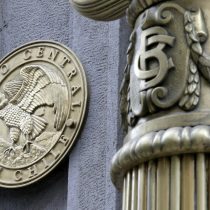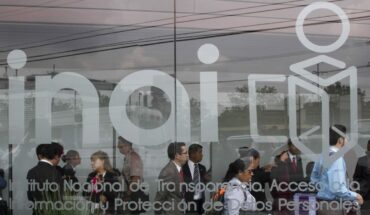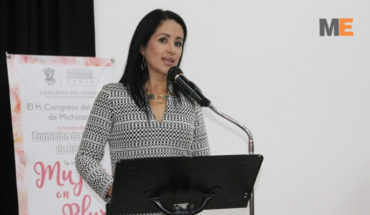
Chile is internationally recognized as a leader in payment systems. Chile’s BC was the first central bank in the world, together with the Bank of England, to implement a high-speed payment system for retail transactions in 2009[1]. The penetration of payment cards is very high. With the State Bank, Chile probably has one of the most effective banking instruments in the world to bankrupt low-income.
Today we are experiencing a great stir in the means of payment. The technology is allowing the emergence of private or public digital currencies of different nature: stable coins such as Facebook’s Diem (exLibra) project or crypto-assets such as Bitcoin. Some central banks are activated in central bank digital money (DDBC) projects. For example, one is already circulating in Sweden. China has launched three large-scale pilot programs to distribute digital yuan for day-to-day payments. It is said that the European Central Bank will make announcements to this effect in June 2021. Janet Yellen, as the EDF’s new head, is more supporting of the subject than her predecessor.
Chile cannot lose its advantage in this area. Economic, democratic and, say, geopolitical issues are at stake.
What is DDBC? When Clement pays Almendra in banknotes, they both use a currency issued by the Chilean state, which is absolute security and the only legal tender. When you pay by bank transfer, the accounts used are digital money created by private agents, banks, and sometimes transmitted by other private agents (Transbank, Visa, Mastercard, maybe tomorrow Facebook). In case of default of one of those players, the payment system is in danger.
The question is: why can Clement and Almond not use a digital currency issued by the Chilean state as they do with banknotes? In fact, the BC already issues digital currency, but is reserved for transactions between banks. The DDBC would simply open up this possibility for retail transactions.
We see four advantages of a DDBC in Chile:
1- There is a slow but safe trend of relative decline in the circulating population in the monetary mass and digital facilities should accelerate it. Currently, cash accounts for 5% of the monetary mass in the broad sense (with a sudden increase in the last six months to 8% due to the two “withdrawals” and other factors tied to the current crisis). Now, it is important to preserve some of the money as a public good issued by the sovereign. It is part of the social contract that legitimizes the trust placed in the money.
2- Private payment intermediaries, in Chile and abroad, are in an oligopolistic position. For a small business, Transbank, Visa or Mastercard bill between 1 and 3%, which is abusive. The market capitalization of Visa, Mastercard and American Express reaches US$ 1 trillion, or 4 times the GDP of Chile. Chilean banks, as we have seen in an earlier column (“A Look at Chile’s Financial Sector”), are among the most profitable in OECD countries. Competitive pressure from a payment alternative like DDBC would be helpful.
3- A democratic question must be raised: why should only banks have access to the only secure currency, that issued by the State, leaving more or less businesses and ordinary citizens at the mercy of a banking crisis like 1982?
4- The last point is sovereignty. With the advent of private digital currencies or DDBC in dollars, euros or yuan circulating somewhat smoothly, is there not a risk that the weight will be unbanked and, therefore, of the progressive dollarization of the economy? The authorities would lose some control over the country’s monetary policy. A Chilean DDBC is the best protection against this risk and, conversely, a means of making monetary policy more effective (in particular by allowing interest rates to be linked to the currency).
The issue is technically complex, of course. The BC must move forward cautiously, as a technical failure affecting its credibility cannot be allowed as the payment system works quite well at present. For example, what type of delegation will the BC grant to DDBC managers? Should there be tokens (e.g. $5,000 or $10,000 as now with tickets) or accounts only? Should the anonymity provided by the cash be maintained or not? Is it necessary to manage in the form of central or distributed records? Doesn’t there be the rI’m sure the DDBC is “so efficient” that people leave current accounts in their private banks, or even do so abruptly during a bank run? Banks would then be forced to finance themselves directly in markets or with the central bank at a higher cost. These issues have an international response principle and, in any event, the BC has the technicality to resolve them if there is a political will to do so.
In the meantime, the debate on the introduction of DDBC in Chile should open more transparently and openly than today. Time is pressing.
[1] BIS Quarterly Review, March 2020.
(*) Francois Meunier, economist, professor of finance (ENSAE – Paris)
The content poured into this opinion column is the sole responsibility of its author, and does not necessarily reflect the editorial line or position of El Mostrador.





